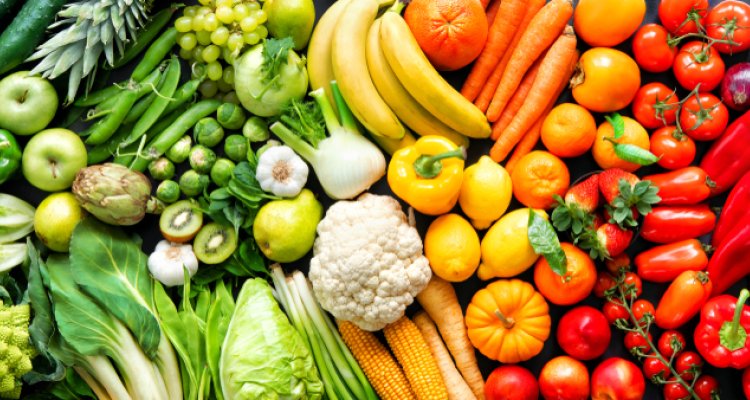
News
European consumers positive about plant-based coating on fruit and vegetables when its purpose is explained
Applying a plant-based coating to fresh fruit and vegetables can extend their quality and shelf life and, as such, help to reduce food waste and contribute to a variety of sustainability goals. “However, up until now, little was known about what European consumers know about such protective coatings, how they perceive them and how they want to be informed about them,” says Sanne Stroosnijder, Programme Manager Food Loss & Waste Prevention at WUR.
Recent research by Wageningen Food and Biobased Research (WFBR) has shown that European consumers have low awareness of and little knowledge about what is applied to fresh fruit and vegetables after harvesting. Moreover, the way in which the use of these ‘post-harvest additives’ is communicated strongly influences their perceptions. Consumers perceive the current method of communication - which often includes references to the E number or ingredient name - as unclear and very negative. Once consumers are informed about the purpose, sustainability benefits and plant-based origin of the protective coating, they perceive its application to fruits and vegetables as positive. The research also found that European consumers prefer transparency about applications of post-harvest additives, but take little effort in learning more about the foods and ingredients they purchase and consume.
New methods of communication
Because European consumers value transparency, the researchers recommend that the use of a protective coating should always be mentioned via concise information focusing on the use purpose. Lastly, the researchers recommend exploring and developing new methods of communication further. “The results of this research indicate that there is a preference for communication at the time of purchase, but this information should not be presented on each individual product. This means that new methods and moments of communication need to be further investigated,” says Stroosnijder.
Food waste has a huge impact on our climate
In the US and many other countries, edible coatings may be applied to all fresh produce, but in Europe, applications of these kinds of post-harvest additives are only allowed for fruit with peels that are not typically consumed (e.g., citrus fruits, avocados). Stroosnijder: “Food waste has a huge impact on our climate. The application of such innovations that can curb food waste is therefore desperately needed to achieve the sustainability goals of both the Netherlands and Europe.”
The research consisted of two consumer studies. First, focus group discussions were held with Dutch consumers. An online questionnaire was then completed by consumers in the Netherlands, Belgium, Germany, Spain and France (~1,000 respondents per country). The research activities were conducted independently by WFBR and were commissioned and funded by Apeel Sciences.
- Unfortunately, your cookie settings do not allow videos to be displayed. - check your settings